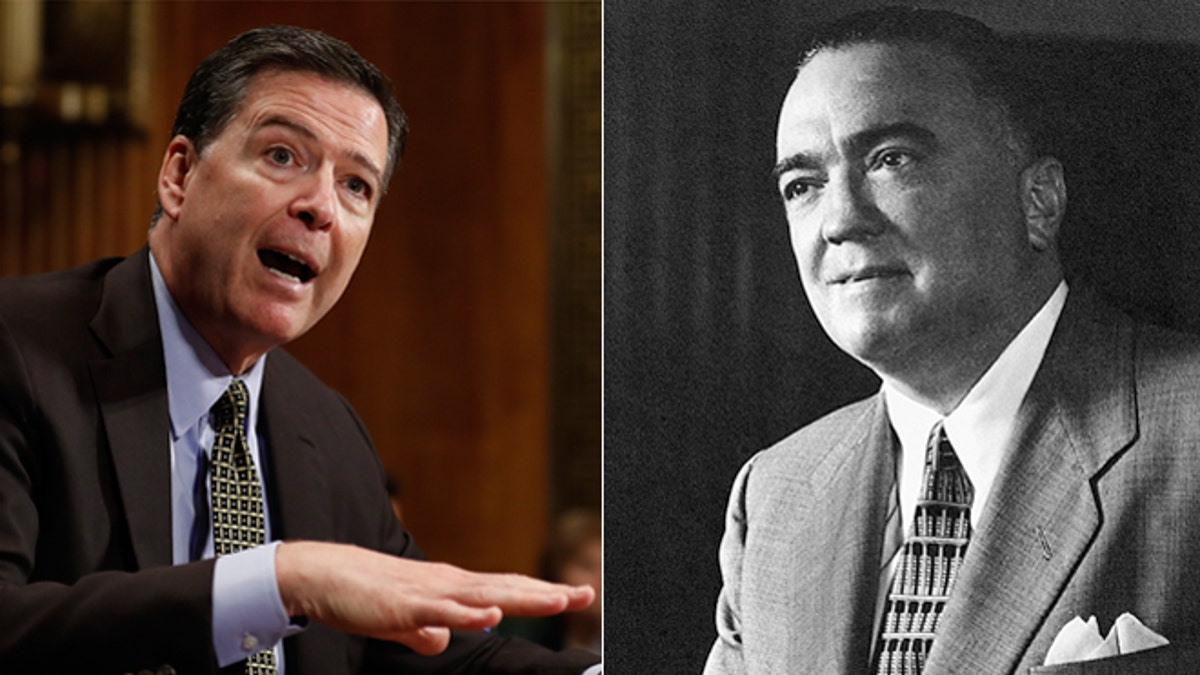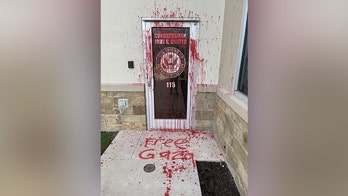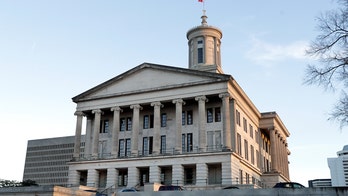
President Trump’s firing of FBI Director James Comey has been called unusual, but that's all in the eye of the beholder.
Before the FBI, there was the Bureau of Investigation (BOI), created in 1908. Of the first four men to head the Bureau, two were forced to resign. Then J. Edgar Hoover was named director in 1924.
The BOI became the FBI in 1935, and Hoover remained in charge, serving until his death in 1972. There’s evidence that presidents from Truman to Kennedy to Nixon wanted him out, but felt it wasn’t worth the trouble. He may have abused his power, but was highly popular, and apparently had too much information on too many people to be dismissed.
During Hoover’s last years, Congress changed the rules and from now on FBI directors would be confirmed by the Senate and serve a 10-year term.
The first person nominated to head the FBI after Hoover was L. Patrick Gray. During his confirmation hearing, however, he made statements about the Watergate scandal that angered the Nixon administration, and they left him to “twist in the wind.” He served as acting director of the FBI for almost a year before being forced out when it was discovered he had destroyed documents relating to the Watergate conspiracy.
Since then, there have been six official FBI directors (not including acting directors who served during interim periods):
- Clarence M. Kelley (1973-1978). President Nixon’s choice, he used his staff for personal home improvement and President Carter publicly opposed him, leading to his resignation in 1978.
- William H. Webster (1978-1987). He left his office a year early when President Reagan chose him to head the CIA.
- William S. Sessions (1987-1993). He was accused of ethical misconduct for personal use of an FBI plane and charging the government for installation of his home security system. He refused to resign and was dismissed by President Clinton.
- Louis Freeh (1993-2001). He resigned two years before his term was up. (There had been a recent scandal where a senior FBI agent was accused of spying for Russia, though that apparently had nothing to do with Freeh’s resignation.)
- Robert Mueller (2001-2013). After his ten-year term, he was given a two-year extension by President Obama.
- James Comey (2013-2017). Dismissed by President Trump.
So is firing an FBI director “unusual”?
Really there haven’t been enough directors to establish any significant trends. In any case, of the six who served under modern rules, two have been fired. It’s a stretch to call one out of three “unusual.”
And considering the whole history of directors, where a majority have been involved in scandals and resignations and firings, it would seem hard to say there’s any “normal” against which to measure what’s unusual.
In fact, if there’s anything that seems to be unusual, it’s serving the full ten-year term. It’s only happened once.




